|
It's been awhile. Since I arrived in Kazakhstan—the world's ninth largest country—in late June, I've clocked more than 20,000 kilometers traveling this country. That's 12,427 miles, the equivalent of traveling from the farthest point east in the U.S. to the farther point west in the U.S.— four times.
During much of that time, I've had officers from the Kazakhstan's Security Committee, KNB, following me. Then, after I published a couple of breaking news stories, the Kazakh government complained to the U.S. Embassy that I was working as a journalist without the government's approval. In Kazakhstan, only journalists accredited by the government can publish, a major workaround the "free speech" that the government claims its citizens have. I was in Kazakhstan as a Fulbright Scholar researching media suppression. I found plenty. But the Kazakhstan didn't want me publishing that repression, at least not while I was in country. So that's why you haven't heard much. Generally I prefer to travel low on the radar when I'm doing research. But within days of arriving in Kazakhstan, the first journalist I was scheduled to interview ended up arrested and in jail hours hours after we'd texted. Of course I wrote and followed the story. You can read all about that here. While it's true that Kazakhstan citizens and journalists have more freedom, it's an incremental amount compared to citizens of Uzbekistan. Kazakh journalists must still received accreditation, the same as in Uzbekistan. I met some journalists who had been denied this bureaucratic approval, and it precluded them working openly as journalists. They are denied access to government press conferences. They can't interview anyone with government ministries. There's a palpable fear present even for those who are accredited by the government. There's always the chance that each year when a journalist has to apply for approval they won't receive it. And if the government doesn't like what a journalist writes, that reporter will receive retribution. Sometimes that means getting hauled into a police station and questioned for hours. Most of the time, it means being arrested for something the reporter didn't do, like narcotics or child pornography or tax evasion. I found journalists in Kazakhstan slightly braver than their brethren in Uzbekistan. Most journalists in Kazakhstan work for state-sponsored media. Those reporters are told what to write and are never allowed to question anything publicly. That's why it's so important to have independent media, like Azattyq—the U.S. sponsored outlet of Radio Free Liberty/Radio Europe. That became incredibly apparent during the Blood January protests when state media largely ignored what was going on. After the tear gas and shock grenades cleared, it was up to independent journalists to explain what had happened in their country that left 238 dead and 10,000 in police custody. People have asked my husband and I what we found different in tourist attractions between Uzbekistan and Kazakhstan. While Uzbekistan awed us with its fifth century antiquities, especially the amazing turquoise-colored madrassas of Samarkand and Bukhara, Kazakhstan offered a different kind of awe-inspiring views in its unique nature. There are mountains and canyons—several that beat the Grand Canyon in the U.S. for their panoramic views (like Bozzhira pictured above)—and there are the vast Kansas-like Steppe lands, lakes, and seas—the Aral Sea, which is drying up, and the Caspian Sea. Now that I'm out of Kazakhstan, I'm working on a six-part series to be published soon. Stay tuned. I look forward to more adventures in Kyrgyzstan. |
Fulbright in Central AsiaFrom March, 2022 to January of 2023, I was a Fulbright Scholar with the U.S. State Department in post-Soviet Central Asia. My previous Fulbright was in Ukraine. For the past six years, I have reported on journalists from post-Soviet countries who have experienced retaliation for reporting the truth. Archives
January 2023
|
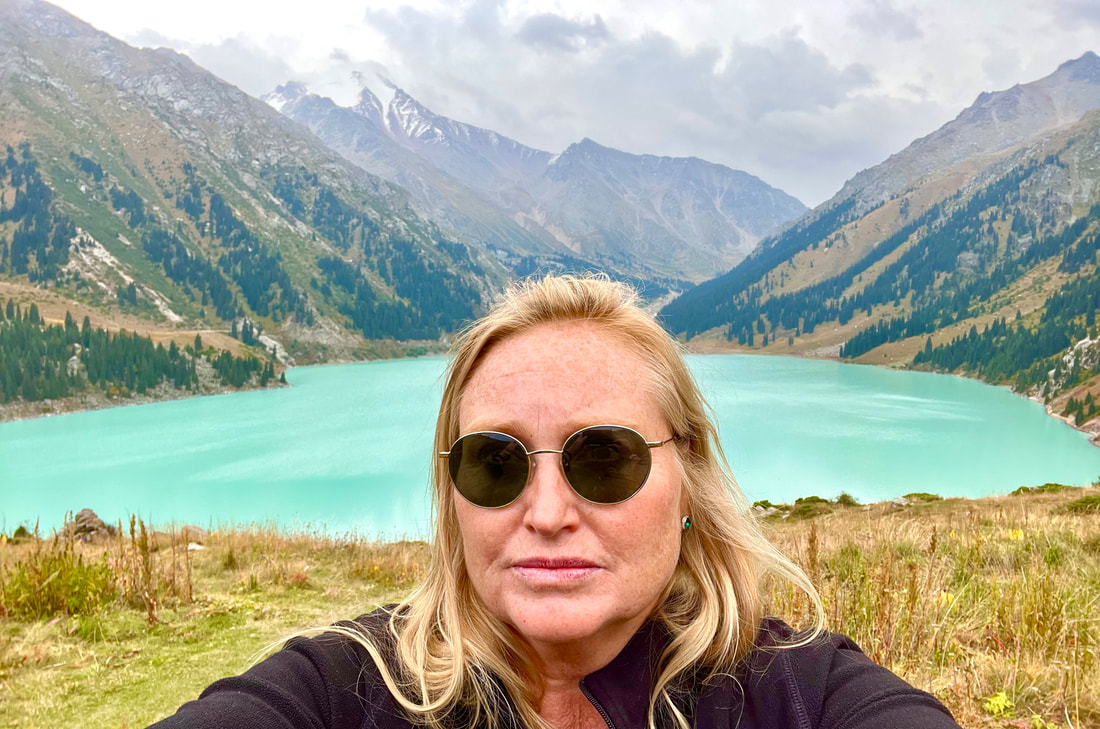
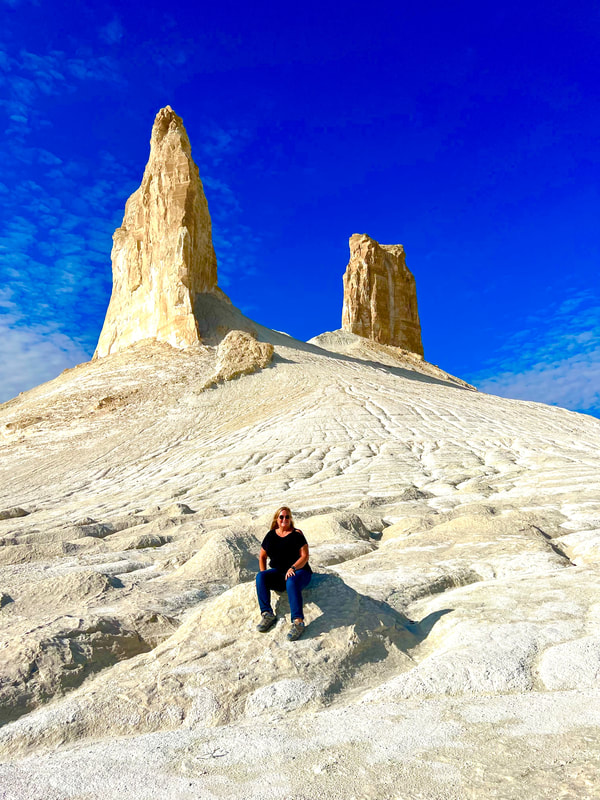
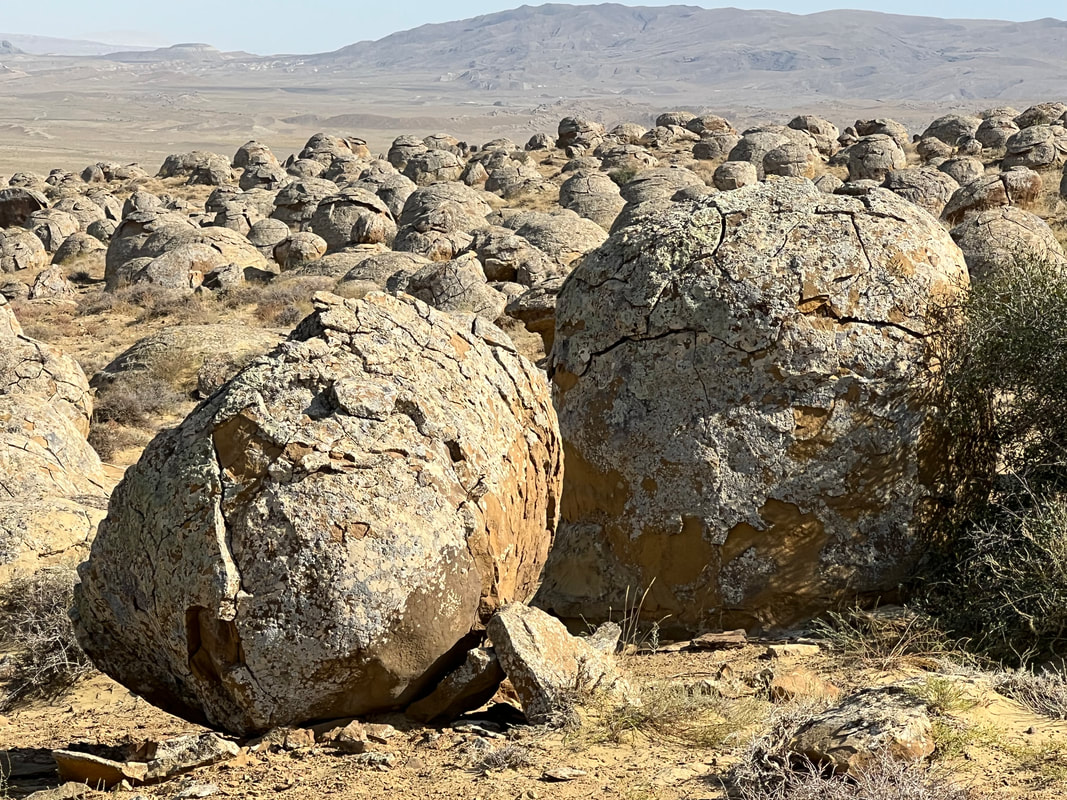
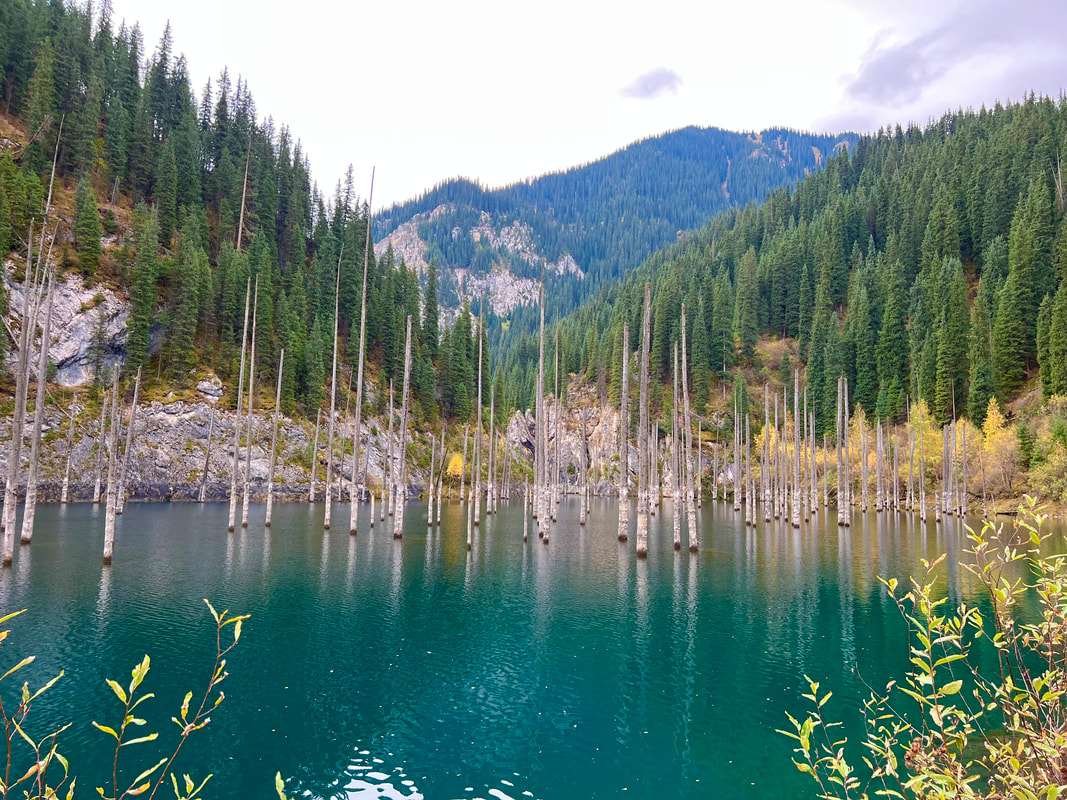
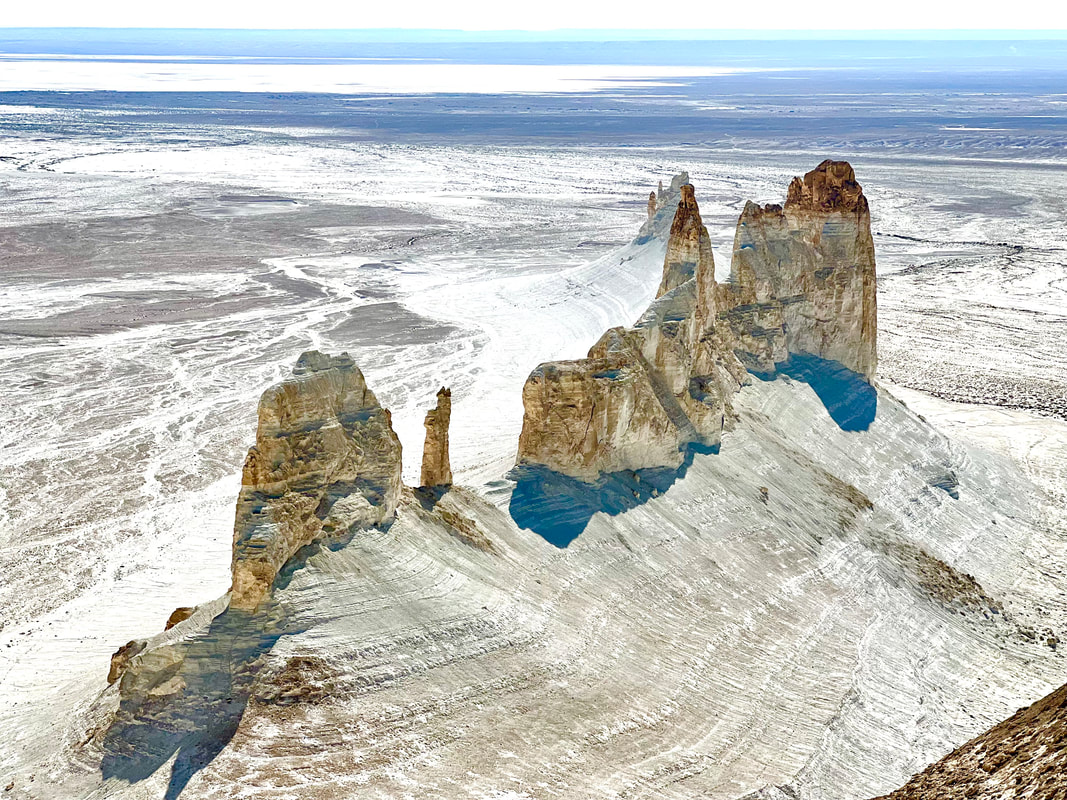
 RSS Feed
RSS Feed
